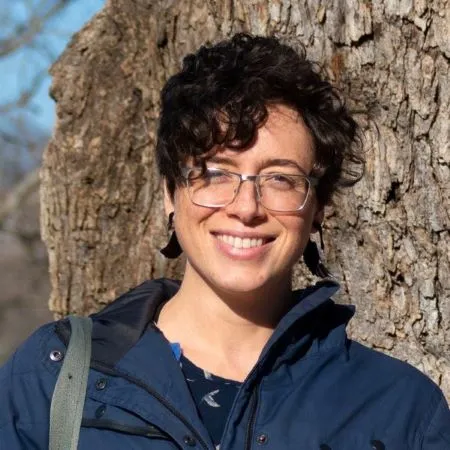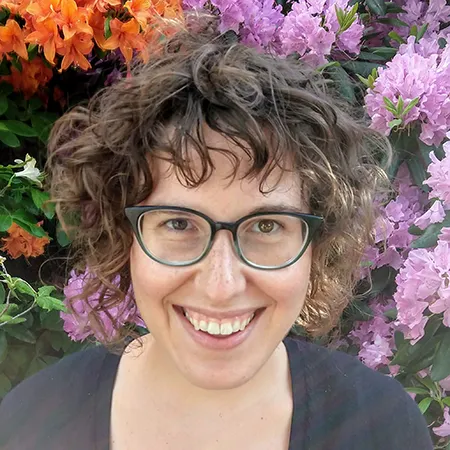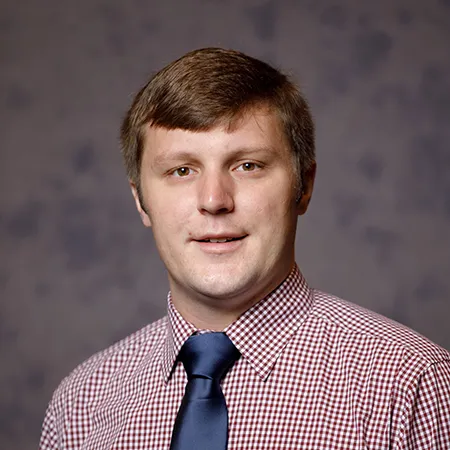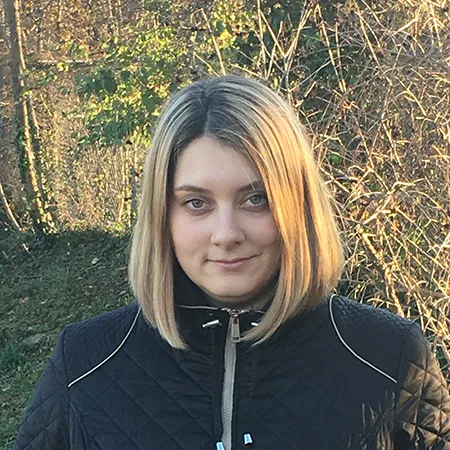Seminar presented by 2nd-year SESYNC postdocs.
Note the 10 a.m. – 12:30 p.m. time slot.
Presenters
Bianca Lopez
Dr. Bianca Lopez is an Associate Editor for Science, from AAAS in Washington, D.C. Bianca is trained as an ecologist whose interdisciplinary and transdisciplinary research has focused on: 1) urban ecosystems, including the effects of urbanization on biodiversity and people’s use and perceptions of urban green spaces; and 2) the spread and impacts of invasive species with climate change. She is currently a postdoctoral fellow at University of Massachusetts, Amherst and the Northeast Climate Adaptation Science Center. Bianca has a BS in Ecology and Evolutionary Biology from the University of...
Bianca Lopez
Dr. Bianca Lopez is an Associate Editor for Science, from AAAS in Washington, D.C. Bianca is trained as an ecologist whose interdisciplinary and transdisciplinary research has focused on: 1) urban ecosystems, including the effects of urbanization on biodiversity and people’s use and perceptions of urban green spaces; and 2) the spread and impacts of invasive species with climate change. She is currently a postdoctoral fellow at University of Massachusetts, Amherst and the Northeast Climate Adaptation Science Center. Bianca has a BS in Ecology and Evolutionary Biology from the University of Connecticut and a PhD in Ecology from the University of North Carolina at Chapel Hill. After her SESYNC fellowship, Bianca worked as a postdoctoral fellow in the Urban Systems Lab and the Environmental Studies Department at the New School, where she taught a course on urban ecosystems. She has also co-led a workshop at SESYNC on evaluating the impacts of environmentally themed public art, which brought together natural and social scientists, artists, and art funders.
External Links:
https://scholar.google.com/citations?user=lc3p5ksAAAAJ&hl
Maia Call
Dr. Maia Call is a quantitative social scientist with a passion for data and research. Her methodological skills include spatial and statistical quantitative analyses and demographic methods. She is also an expert in geographic concepts, survey research, and demographic theory. Maia received her doctorate in Geography from the University of North Carolina at Chapel Hill in 2017, completed a postdoctoral fellowship at SESYNC in 2019, and completed a Council on Library and Information Resources Postdoctoral Fellowship in 2021. While at SESYNC, Maia collaborated with Dr. Lori Hunter (The...
Maia Call
Dr. Maia Call is a quantitative social scientist with a passion for data and research. Her methodological skills include spatial and statistical quantitative analyses and demographic methods. She is also an expert in geographic concepts, survey research, and demographic theory. Maia received her doctorate in Geography from the University of North Carolina at Chapel Hill in 2017, completed a postdoctoral fellowship at SESYNC in 2019, and completed a Council on Library and Information Resources Postdoctoral Fellowship in 2021. While at SESYNC, Maia collaborated with Dr. Lori Hunter (The University of Colorado Boulder) to explore the gender dynamics of environmentally influenced migration in Asia. This research project was motivated by the critical need to understand how and why the impacts of climate change may vary across genders in a populous region predicted to be a global hotspot for climate change’s near-term effects. Greater knowledge about these dynamics is vital for shaping climate change adaptation and sustainable development policy. Maia is currently a Data Scientist on the Data Services team at the U.S. Agency for International Development.
External Links:
https://www.linkedin.com/in/maiacall
https://scholar.google.com/citations?user=AcjCS0feL4kC&hl=en
https://http://www.maiacall.com/
Nate Jones
Dr. Nate Jones is an interdisciplinary water scientist focused on improving the physical, chemical, and biological integrity of our water resources. His work spans gradients in hydrologic connectivity (e.g., upland wetlands, intermittent streams, and large rivers); spatial scales (e.g., individual soil aggregates to watersheds); and disciplinary boundaries (e.g., engineering, environmental science, and the social sciences).
External Links:
https://http://ecohydrology.ua.edu/
Nate Jones
Dr. Nate Jones is an interdisciplinary water scientist focused on improving the physical, chemical, and biological integrity of our water resources. His work spans gradients in hydrologic connectivity (e.g., upland wetlands, intermittent streams, and large rivers); spatial scales (e.g., individual soil aggregates to watersheds); and disciplinary boundaries (e.g., engineering, environmental science, and the social sciences).
External Links:
https://http://ecohydrology.ua.edu/
Tijana Jovanovic
Dr. Tijana Jovanović is interested in water resources management, hydrology, and issues related to environmental science, which led her to pursue graduate studies in the fields of civil and environmental engineering with a focus on water resources. Within her research, Tijana has used a lens of complex systems to study urban watersheds. She has looked at various complex system properties (such as long-term memory, complexity, and scaling), while accounting for non-stationarities present in urban watersheds. These interests stem from a desire to understand if and how these properties differ in...
Tijana Jovanovic
Dr. Tijana Jovanović is interested in water resources management, hydrology, and issues related to environmental science, which led her to pursue graduate studies in the fields of civil and environmental engineering with a focus on water resources. Within her research, Tijana has used a lens of complex systems to study urban watersheds. She has looked at various complex system properties (such as long-term memory, complexity, and scaling), while accounting for non-stationarities present in urban watersheds. These interests stem from a desire to understand if and how these properties differ in their behavior between urban and natural watersheds and what drives such behavior. During her time as a postdoctoral research fellow at SESYNC, Tijana studied the spatial optimization of urban green infrastructure (UGI). Her goal was to focus on and maximize the UGI multi-functionality to understand the effect of such scenarios on urban heat island stress. The term “multi-functionality” refers to the multiple ecosystem services that UGI can provide, such as reduction of stormwater volumes, urban heat island stress, and social vulnerability, as well as improving water and air quality, landscape connectivity, etc. Often, the implementation of UGI is done from the perspective of streamflow volume reduction and/or water quality improvement while other ecosystem services are implied but rarely an integral part of the design. Tijana earned her MS with an emphasis on stochastic hydrology from the University of Belgrade and her PhD with an emphasis on urban hydrology from The Pennsylvania State University, along with a minor in computational science. She is currently a Surface/Subsurface Hydrological Modeler at the British Geological Survey in Keyworth, United Kingdom.
External Links:
https://www.linkedin.com/in/tijana-jovanovi%C4%87-66116163



